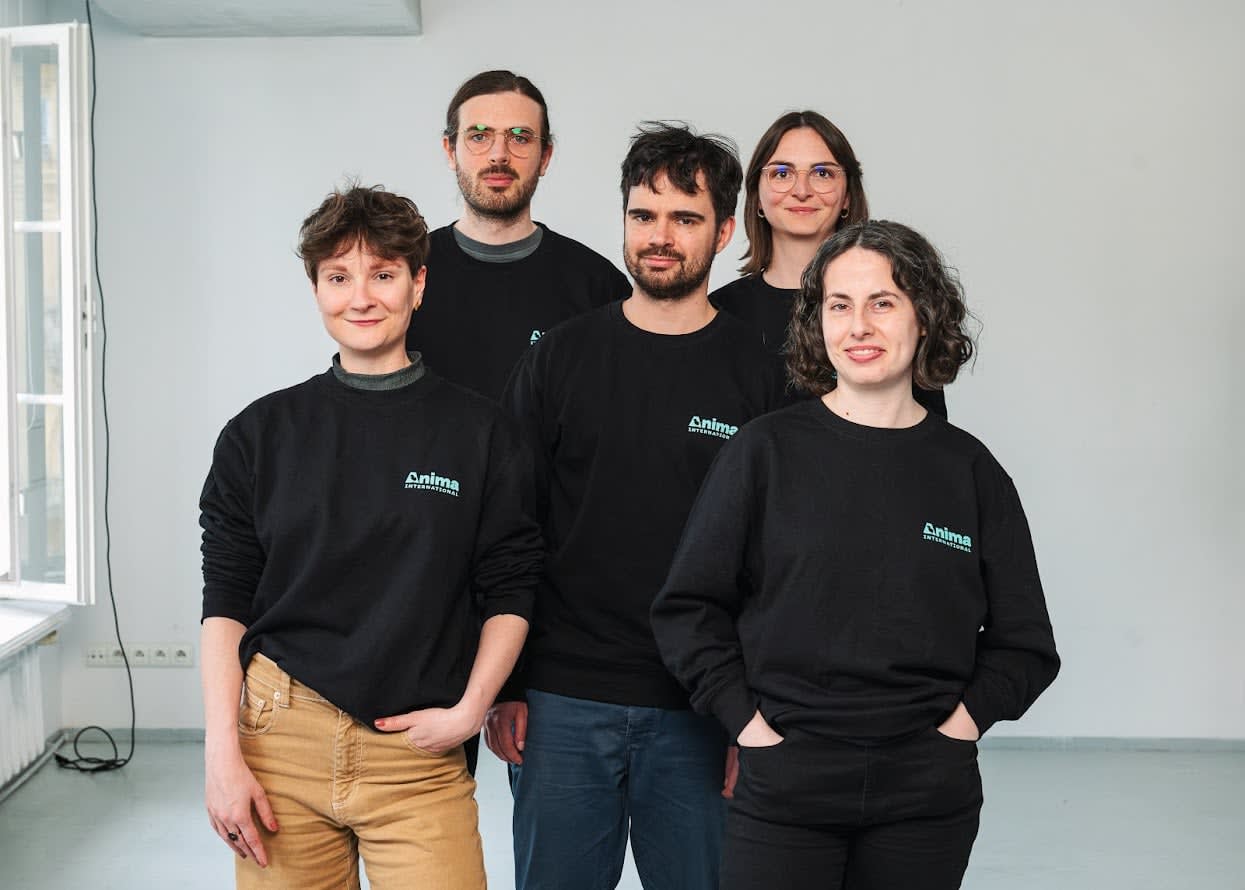I've heard a few suggestions at EA Global that there should be an EA Ombudsperson, or a trade union for EA workers. I'm setting out a few initial, very rough thoughts in hopes that it might start a conversation.
What problems would an ombudsperson NOT solve?
In my view, "solving community problems" isn't a great area for competition. If Community Health and the ombudsperson were both separately hearing complaints about sexual harassment, for example, it's possible that neither would notice a pattern of behaviour. They could also contradict each other in unhelpful ways.
Similarly, I don't think an ombudsperson should try to take the place of a charitable board or law enforcement.
Question 1: Do you agree that an ombudsperson should refer to existing mechanisms, such as Community Health, charitable boards, or law enforcement, whenever possible?
What problems would an ombudsperson solve?
First, it's not always obvious, especially for newer members of the community, who can help with particular problems. An ombudsperson could direct people to the correct body, or pass on anonymous complaints.
Second, sometimes conflicts of interest or special circumstances mean that the usual channels would not be appropriate. For example, if someone wanted to complain about the conduct of a member of the Community Health team, the Community Health team could be perceived to be biased and unable to take an objective view. If a CEO of a charity which received a lot of donations from the EA community was potentially breaking the law, but was operating in a country where law enforcement was unreliable, an ombudsperson might be able to publish an independent view of the evidence.
Third, it might occasionally be useful for an ombudsperson to provide a second opinion on particularly controversial decisions made by other teams.
Question 2: Do you agree an ombudsperson should direct people to existing mechanisms, handle conflicts of interests or special circumstances, and publish independent second opinions on especially controversial decisions?
Question 3: Are there any other problems you believe an ombudsperson could or should solve?
Question 4: Is it worthwhile having a dedicated person or team to solve these problems?
How would an ombudsperson be funded?
Ideally, the ombudsperson would be funded by donations from individual members of the EA community. I would recommend that no more than 20% of the ombudsperson's funding comes from any one person or organisation - otherwise it would be too easy to accuse the ombudsperson of not being able to independently investigate their own funders.
It would be easiest for donations to be accepted by a sponsoring body, like Effective Ventures (the parent body for the Centre for Effective Altruism), but that could bring the ombudsperson's independence into question - so it might be wisest for the ombudsperson to be their own charity/entity. I don't know how straightforward this would be or how long it would take.
Question 5: Do you agree there should be a limit to how much funding should come from any one organisation or individual? Should organisations be able to contribute at all?
Question 6: Should the ombudsperson be their own charitable entity?
How would an ombudsperson be chosen?
The ombudsperson could be hired by a committee. In my view, in order to ensure the independence and legitimacy of the ombudsperson, no one on the hiring committee can be financially dependent on an EA organisation - they should not be employeed, applying for a grant, or a current grant recipient. This raises a question about how a search committee could be put together - could registered Forum accounts with at least 10 karma vote on hiring committee members to represent them? Could anyone who meets minimum criteria (not financially dependent on an EA organisation, knowledge of EA, knowledge of hiring) put themselves forward, and 3-5 could be randomly selected to be the hiring committee?
Alternatively, the ombudsperson could be directly elected by members of the EA community. This isn't my preferred option, because I think it's unlikely that the best campaigner will be the best ombudsperson, and I think a hiring committee would be able to dedicate more time to choosing the best candidate.
Question 7: Should the ombudsperson be chosen by a hiring committee, directly elected, or some other method? Do you have any suggestions for how the hiring committee should be chosen or how the elections should be held?
Question 8: Do you have any other thoughts on the idea of an EA ombudsperson?



Thanks for writing this out - I've referred back to this several times in the last month!
I think there are some practical hitches as Jason points out, but I think there's worthwhile stuff in the spaces of "making it easier to find information about what people's options are for raising a problem" and "more alternatives to existing resources."
I'm glad you've found it useful!